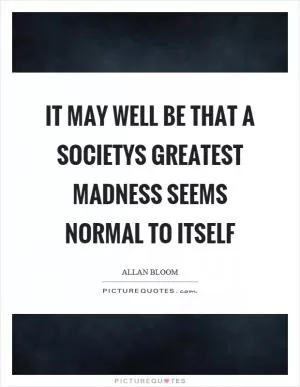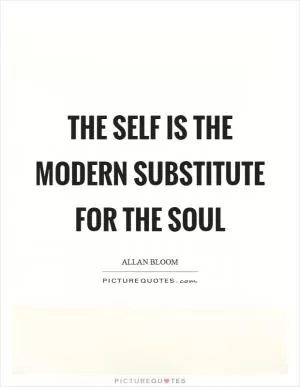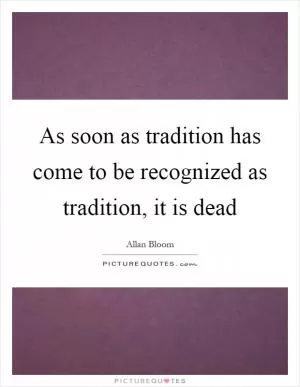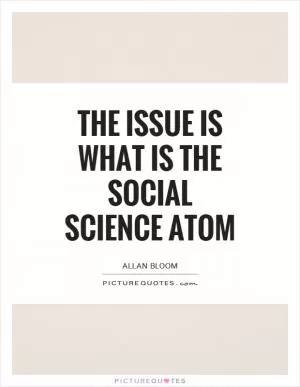Their souls are like mirrors, not of nature, but of what is around

Their souls are like mirrors, not of nature, but of what is around
In his seminal work, "The Closing of the American Mind," Allan Bloom delves into the concept of the human soul and its relationship to the surrounding environment. He argues that our souls are like mirrors, reflecting not the beauty of nature, but rather the values and beliefs of the society in which we live. This idea is both profound and thought-provoking, as it forces us to consider the impact of our surroundings on our innermost selves.Bloom suggests that our souls are not inherently good or bad, but rather neutral entities that are shaped and molded by the world around us. Just as a mirror simply reflects whatever is placed in front of it, our souls absorb the values, beliefs, and attitudes of the society in which we are immersed. This can be both a blessing and a curse, as it means that our souls are constantly being influenced by external forces, whether positive or negative.
One of the key implications of this idea is that we are not born with a fixed set of values or beliefs, but rather we are constantly evolving and changing based on our experiences and interactions with the world. This challenges the notion of a static and unchanging human nature, suggesting instead that we are dynamic and adaptable beings who are constantly being shaped by our environment.
Furthermore, Bloom's concept of the soul as a mirror raises important questions about the nature of individuality and autonomy. If our souls are simply reflections of the society in which we live, do we truly have free will? Are we capable of thinking and acting independently of the values and beliefs that have been imposed upon us? These are complex and challenging questions that force us to confront the limitations of our own agency and the power of external influences.
Overall, Allan Bloom's idea that our souls are like mirrors, reflecting the world around us, is a powerful and provocative concept that challenges us to reconsider the nature of our own identities and the forces that shape them. It serves as a reminder of the interconnectedness of individuals and society, and the profound impact that our surroundings can have on our innermost selves.












 Friendship Quotes
Friendship Quotes Love Quotes
Love Quotes Life Quotes
Life Quotes Funny Quotes
Funny Quotes Motivational Quotes
Motivational Quotes Inspirational Quotes
Inspirational Quotes